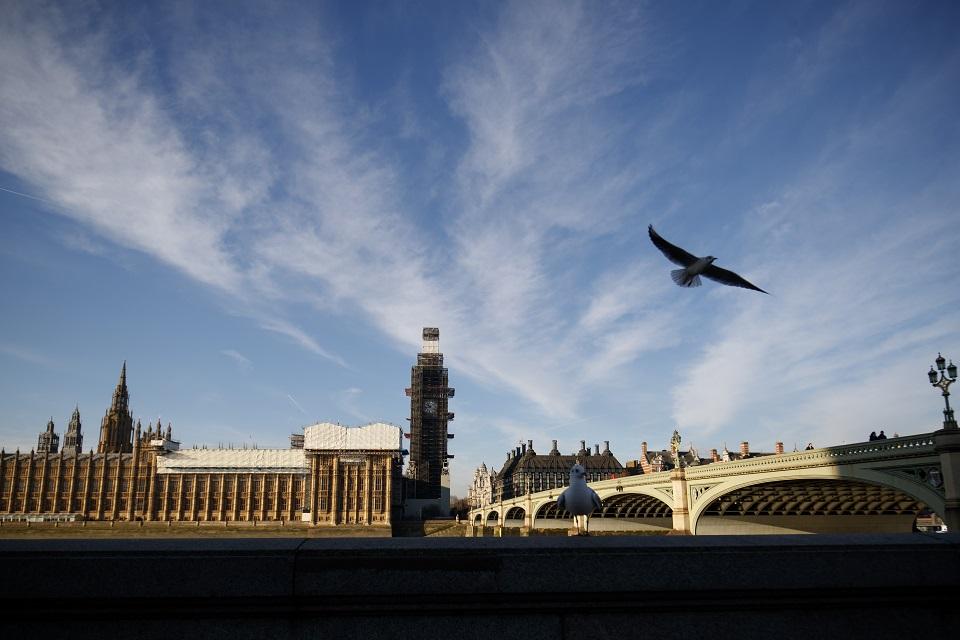UK's Online Safety Bill finally passed by parliament

LONDON, United Kingdom - Britain's long-awaited Online Safety Bill setting tougher standards for social media platforms such as Facebook, YouTube and TikTok has been agreed by parliament and will soon become law, the government said on Tuesday.
Technology Secretary Michelle Donelan said the bill was a "game-changing" piece of legislation.
"Today, this government is taking an enormous step forward in our mission to make the UK the safest place in the world to be online," she said.
The bill has been heavily altered since it was first proposed more than four years ago, including last year's major shift away from tackling "legal but harmful" content to an emphasis on child protection and the removal of illegal content.
Once the bill receives royal assent and becomes law, social media platforms will be expected to remove illegal content quickly or prevent it from appearing in the first place.
They will also be expected to prevent children from accessing harmful and age-inappropriate content like pornography by enforcing age limits and age-checking measures.
If companies do not comply, media regulator Ofcom will be able to issue fines of up to 18 million pounds ($22.3 million) or 10% of their annual global turnover.
Messaging platforms led by Meta's WhatsApp have opposed a provision in the law that they say could force them to break end-to-end encryption.
The government, however, has said the bill does not ban end-to-end encryption.
Instead it will require companies to take action to stop child abuse on their platforms and as a last resort develop technology to scan encrypted messages, it has said.
Tech companies have said scanning messages and end-to-end encryption are fundamentally incompatible.
Earlier this month, junior minister Stephen Parkinson appeared to concede ground, saying in parliament's upper chamber that Ofcom would only require them to scan content where "technically feasible".
Donelan said in response to questions about Parkinson's statement that further work to develop the technology was needed but government-funded research had shown it was possible. ($1 = 0.8072 pounds) — Reuters




